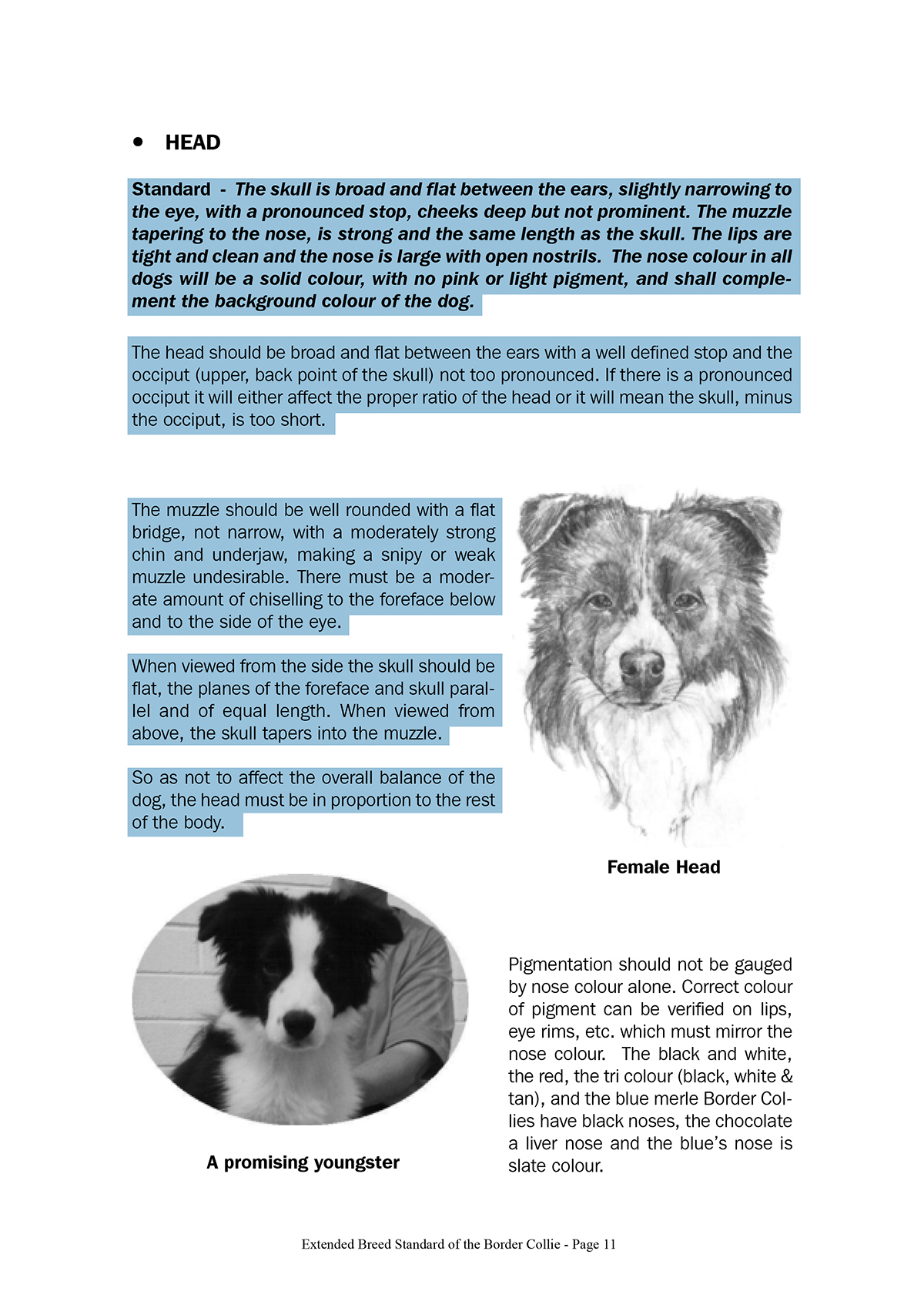Can You Have a Bat for a Pet? Exploring the Fascinating World of Bat Ownership
Guide or Summary:IntroductionThe Fascinating Nature of BatsCan You Have a Bat for a Pet? Legal and Ethical ConsiderationsCare Requirements for BatsConclusio……
Guide or Summary:
- Introduction
- The Fascinating Nature of Bats
- Can You Have a Bat for a Pet? Legal and Ethical Considerations
- Care Requirements for Bats
- Conclusion: Is a Bat the Right Pet for You?
**Translation of "can you have a bat for a pet":** Can you have a bat for a pet?
---
Introduction
When it comes to choosing a pet, most people think of cats, dogs, or perhaps some exotic reptiles. However, the idea of having a bat as a pet is both intriguing and unconventional. In this article, we will explore the question: Can you have a bat for a pet? We will delve into the nature of bats, their care requirements, and the legal and ethical considerations involved in bat ownership.

The Fascinating Nature of Bats
Bats are the only mammals capable of true flight, with over 1,400 species worldwide. They play crucial roles in ecosystems, such as pollinating flowers and controlling insect populations. Understanding their behavior and biology is essential for anyone considering them as pets. Bats are social animals, often living in colonies, and they communicate through a range of vocalizations. Their nocturnal habits and unique echolocation abilities make them fascinating creatures to observe.
Can You Have a Bat for a Pet? Legal and Ethical Considerations
Before diving into the specifics of bat care, it’s essential to address the legal and ethical aspects of keeping a bat as a pet. In many regions, it is illegal to own a bat without special permits due to their status as wildlife and potential carriers of diseases, such as rabies. Additionally, bats are protected by various wildlife conservation laws, making it crucial to check local regulations before considering bat ownership.
Ethically, keeping a bat in captivity can be challenging. Bats have specific habitat requirements and social needs that are difficult to replicate in a home environment. Unlike traditional pets, bats require a spacious enclosure and opportunities for flight and social interaction.

Care Requirements for Bats
If you find yourself in a region where bat ownership is legal and you are committed to providing proper care, understanding their needs is paramount. Bats are insectivores or frugivores, depending on the species, meaning their diet consists of insects or fruit. Providing a balanced diet is essential for their health.
Bats also require a specialized habitat. A large aviary-style enclosure is necessary to allow for flight, and it should include various perches and hiding spots. The environment should mimic their natural habitat as closely as possible, with appropriate temperature and humidity levels.
Social interaction is vital for bats, as they are highly social creatures. Keeping more than one bat can help fulfill their social needs, but it’s important to ensure that they are compatible species to avoid aggression and stress.

Conclusion: Is a Bat the Right Pet for You?
In conclusion, while the question Can you have a bat for a pet? may spark curiosity, it’s crucial to approach this idea with caution. Bats are unique and fascinating animals, but they also come with significant responsibilities. Legal restrictions, ethical considerations, and specialized care requirements make them a challenging choice for a pet.
If you are passionate about bats, consider supporting local wildlife rehabilitation centers or bat conservation efforts instead. This way, you can appreciate these incredible creatures while contributing to their preservation and understanding in the wild. Ultimately, the decision to keep a bat as a pet should be made with careful thought and consideration of their needs and well-being.